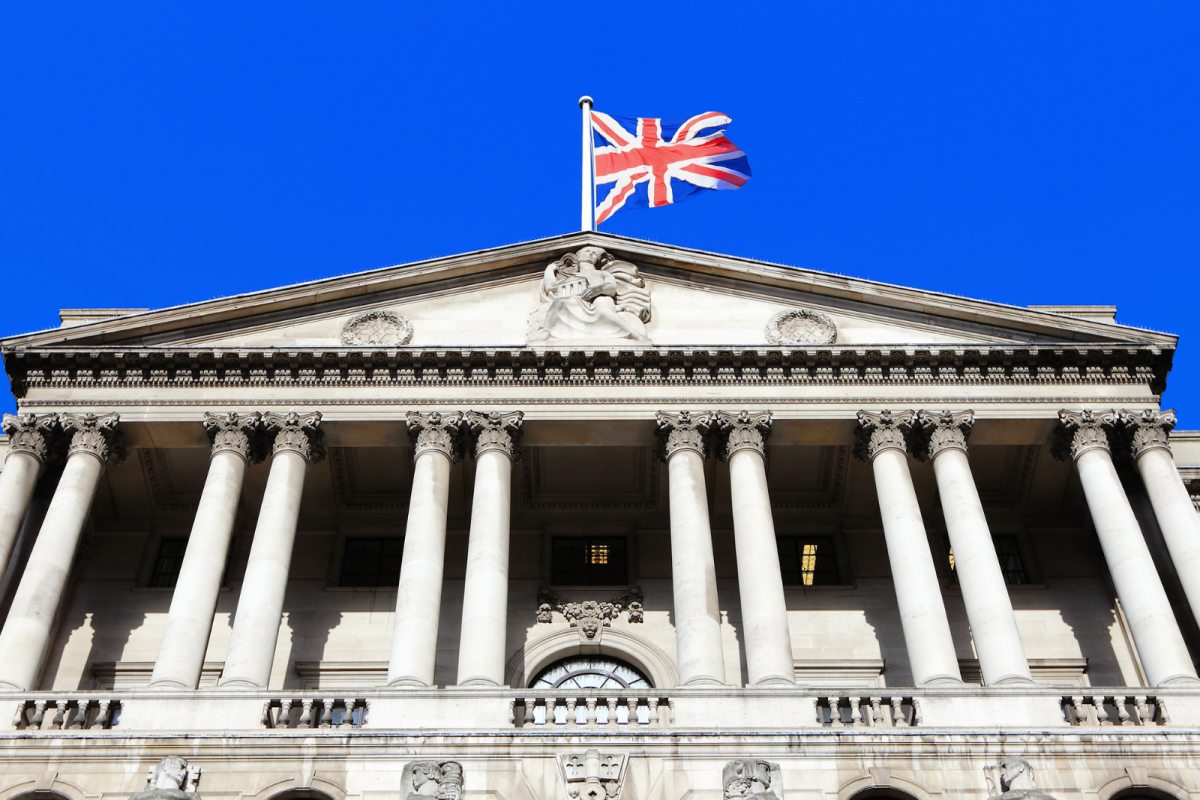FXOpen

The Bank of England is expected to keep interest rates at the current level at tomorrow's meeting and is not actively pursuing further increases in the near future. More intriguingly, economists are now contemplating the possibility of a reduction in interest rates in the upcoming new year. This development, if realised, could carry noteworthy implications for both the British public and businesses.
The potential shift in policy is anticipated to be welcomed by a broad spectrum of the British populace, encompassing both commercial entities and private individuals. The prospect of reduced interest rates holds the promise of easing financial burdens, particularly on mortgage payments. Such a scenario would likely translate into increased disposable income for the public, empowering them to resume previous spending patterns. Simultaneously, businesses could find relief as lower interest rates would facilitate easier servicing of monthly commitments, allowing for redirected funds towards development, growth, and expansion initiatives.
Comparisons with the economic landscape of the United States reveal distinctive differences in approach. While both the UK and the US faced challenges of inflation surges, the UK's inflation rate, though reduced, remains at a level of just over 5.6%. In contrast, the US has achieved a lower inflation rate of 3.2%. Despite this, the Bank of England is diverging from the US policy trajectory by contemplating a departure from further interest rate hikes.
A key metric distinguishing the two economies is the national debt, with the UK presenting a substantially lower debt level on both a percentage and per capita basis. Furthermore, the absence of financial institution collapses, a contrast to events in the US earlier in the year, contributes to a relatively more stable financial environment in the UK.
The British pound, which had experienced a sudden rise against the US dollar in recent days, has demonstrated a shift in momentum. Trading at 1.2530 at FXOpen against the dollar, the pound slightly retreated from yesterday’s close at 1.2569.
Examining broader economic indicators, British GDP exhibited flat growth in the third quarter, aligning with the Monetary Policy Committee's projections. However, inflation and wage growth fell short of expectations, and domestic demand remained weak. In contrast, the US witnessed healthier productivity levels.
Trade over 50 forex markets 24 hours a day with FXOpen. Take advantage of low commissions, deep liquidity, and spreads from 0.0 pips. Open your FXOpen account now or learn more about trading forex with FXOpen.
This article represents the opinion of the Companies operating under the FXOpen brand only. It is not to be construed as an offer, solicitation, or recommendation with respect to products and services provided by the Companies operating under the FXOpen brand, nor is it to be considered financial advice.
Stay ahead of the market!
Subscribe now to our mailing list and receive the latest market news and insights delivered directly to your inbox.








